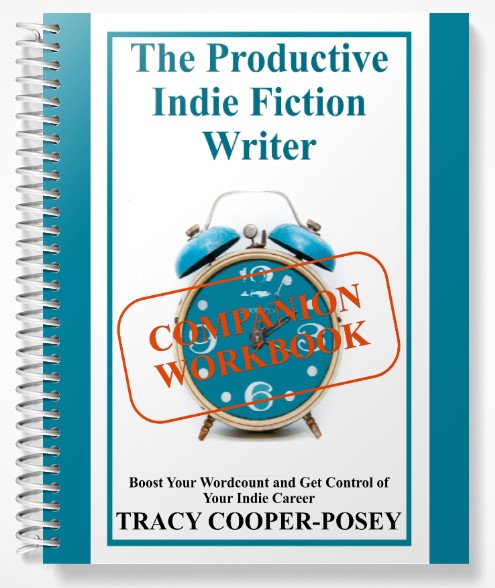4 Ways to Write What You Know
And beat that hoary old aphorism into submission

An email I received from a newbie writer has me shaking my head. In part, they asked:
I want to write thrillers. If I’m to write what I know, how do I get the experience I need to write them?
The whole “write what you know” bullshit tends to bring steam out of my ears. It’s done so much damage to so many writers’ careers by stunting their creative output and miring them in doubt.
Aspiring writers feel inadequate because they haven’t led a Hemingway-esque lifestyle full of drama and high emotions in exotic locations, to fuel their stories with “what they know”.
I know this frustration personally. I grew up reading and watching science fiction but didn’t write it because I didn’t have a science degree, didn’t work in tech or the sciences, and didn’t know a parsec from a lightyear. But, it turns out, neither did George Lucas, and his career isn’t hurting.
Instead, I wrote romances…for twenty years. And mourned that I didn’t have the authority to write science fiction.
Gradually, though, I unpacked the meaning behind “write what you know”. There is actually some benefit in the moldy, old aphorism.
1. You know a LOT about human relationships
All stories are about relationships.
Even if you’re writing fiction set in the far distant future and a robot is the only character in the story, the robot is going to have to relate the elements, and the conflict in the story. The robot has to develop its character in some way, even if it is microscopic, or you aren’t telling a story, you’re relating incidences.
How that robot’s character develops is pulled from your knowledge of human relationships and your own character.
You already know a lot about how relationships work. As you move through life, you’ll absorb even more.
And the more you write, the more observant you will become about people and relationships.
2. You know how emotions feel
You know what it feels like to be happy, sad or pissed off. You know what anguish feels like. You know what it is like to be in love.
You’re human, having human emotions. All of them will end up in your fiction, felt by your characters, and be more authentic because you know what the emotions really feel like.
Even if your character is in a situation you’ve never personally experienced (at the bottom of the Cayman Trench; a foot soldier in Genghis Khan’s army; living in the heart of a dying star), their emotions and reactions to the situation must remain authentic and familiar to the reader, if you want your reader to empathize with the character and enjoy the story.
Your experience of how emotions feel will color your character’s experience…and make the reader feel the story, too.
3. You have unique experiences
Okay, so you’ve never watched bullfighting in Spain. Neither have I.
This is the stumbling block for so many new writers, who worry that they’re faking it if they make things up.
But you don’t have to make things up if you don’t want to.
What unique things have you done in your life? Are you a fantastic bookkeeper, but talking about that stuff sends your family to sleep?
Okay, but you know what it is like to go through a tough audit. What if you apply that tension and gut churning experience to your character’s turn in the witness stand of a high profile Murder 1 trial?
Shift the scale of your story concept from the outrageous (bullfighting in Spain) to the more intimate (confronting the college bully) to build a story you feel confident telling.
Or not.
Write about bullfighting in Spain if you really want to. That moment the bullfighter and the bull lock gazes…isn’t that just a scaled-up version of the moments you defended your thesis to a panel of professors that included the one who just hated you?
Twist your experiences, scale them, find the emotional core of them and apply them to your fiction.
The best fiction, the stories that become best sellers, and all of your favourite novels, are always so memorable because they’re about people having human experiences, not just the fantastic situations those people find themselves in.
4. You know how to research
This is the bonus that sits on top of writing what you know: You pull what you know about relationships and emotions and experiences in your life and use them to build up authentic human experiences for your reader, no matter what you want to write about.
You want to tell a story about a foot soldier in Genghis Khan’s army, but you’ve never served in the military and blood makes you puke.
Research your subject.
You know how to research, and if you’re writing what you really want to write about, you’ll be motivated to do it properly.
Into your new knowledge about thirteenth century warfare and Mongolian history, you insert all the stuff you already know about humans, relationships and emotions. The mix provides a moving story featuring genuine characters that has readers turning pages.
And voila!, you’re writing what you know.
___
PS: I now write award-winning science fiction under a pen name. 😉


Write More, Faster Than Ever Before
The Productive Indie Fiction Writer Workbook now available for pre-order!
